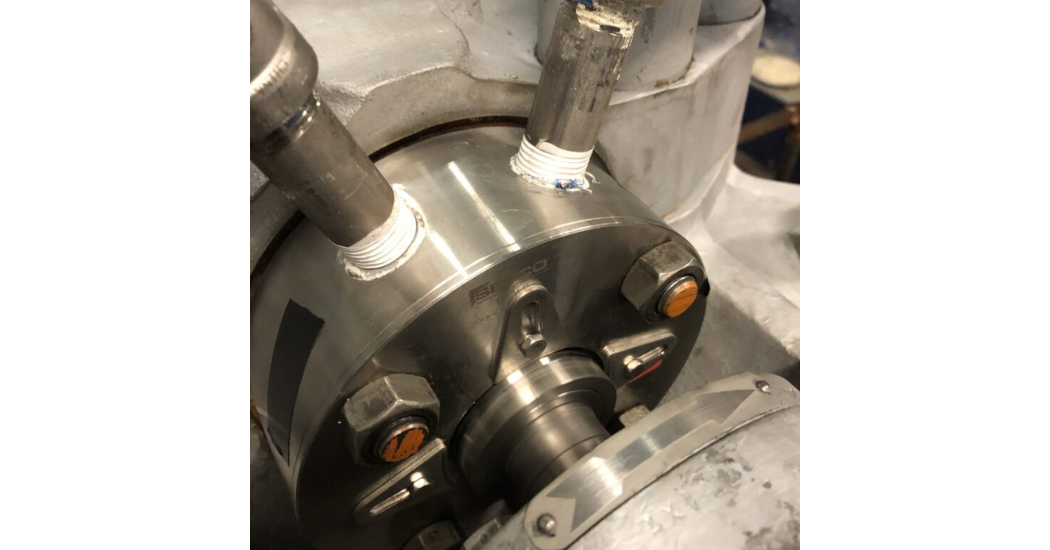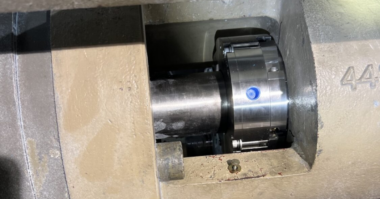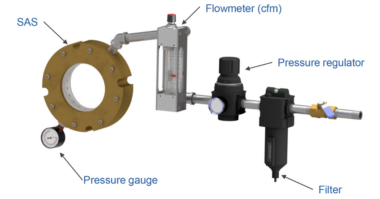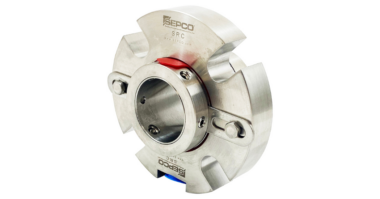Maintaining efficient and trouble-free operation of pumps and other equipment relies on ensuring the dependable performance of mechanical seals. Below are 15 essential steps and best practices from SEPCO to help ensure the reliable performance of your mechanical seals:
- Choose the Right Seal: Select mechanical seals designed for the specific application, fluid type, and operating conditions. Consider factors like temperature, pressure, speed, and fluid characteristics when choosing the appropriate seal.
- Quality Matters: Invest in high-quality mechanical seals from SEPCO. Quality seals are more likely to withstand the rigors of industrial environments and offer better durability and performance.
- Proper Installation: Improper installation is a common cause of seal failure. Follow the SEPCO’s installation guidelines closely, ensuring that seals are correctly aligned, tightened, and lubricated.
- Regular Inspection: Implement a regular inspection schedule to identify potential issues early. Regular visual checks can help catch leaks, wear, or other problems before they escalate.
- Monitor Operating Conditions: Keep track of operating parameters such as temperature, pressure, speed, and vibration levels. Operating within the recommended range can extend seal life.
- Lubrication and Cooling: Proper lubrication and cooling are crucial for preventing friction and overheating. Use the recommended lubricants and ensure that cooling systems are functioning correctly.
- Balanced Pump Operation: Ensure that pumps are properly balanced to reduce vibration and strain on seals. Excessive vibration can accelerate wear and tear on seals.
- Seal Support Systems: Use appropriate seal support systems such as flush plans, quenching systems, and barrier fluids. These systems help maintain proper conditions around the seal faces.
- Fluid Compatibility: Ensure the mechanical seals are compatible with the fluids they will contact. Incompatible fluids can cause damage to seals and lead to premature failures.
- Preventive Maintenance: Implement a preventative maintenance program that includes scheduled checks, cleaning, lubrication, and replacement of worn parts.
- Proper Handling: Handle seals carefully during installation and maintenance to avoid damage to sealing surfaces or components.
- Training and Expertise: Ensure personnel handling seals are adequately trained in proper installation, maintenance, and troubleshooting techniques.
- Documentation and Records: Maintain detailed records of seal installation, maintenance, repairs, and replacements. This helps track performance over time and identify patterns.
- Address Issues Promptly: If you notice any signs of leaks, wear, or reduced performance, address them promptly. Timely action can prevent minor issues from escalating into significant failures.
- Consult with SEPCO: If you’re facing persistent seal performance issues, consider consulting with the SEPCO team of mechanical seal specialists or engineers to identify root causes and implement effective solutions.
By following these steps and adhering to best practices, you can significantly enhance the reliability and longevity of mechanical seals, minimizing downtime and ensuring smooth operations of your equipment.
Looking for a Sealing Solutions Provider?
SEPCO has sealing solutions for many applications, even those with the strictest standards and the most challenging environments. SEPCO has decades of experience in providing solutions across multiple industries. They can help.





Comments